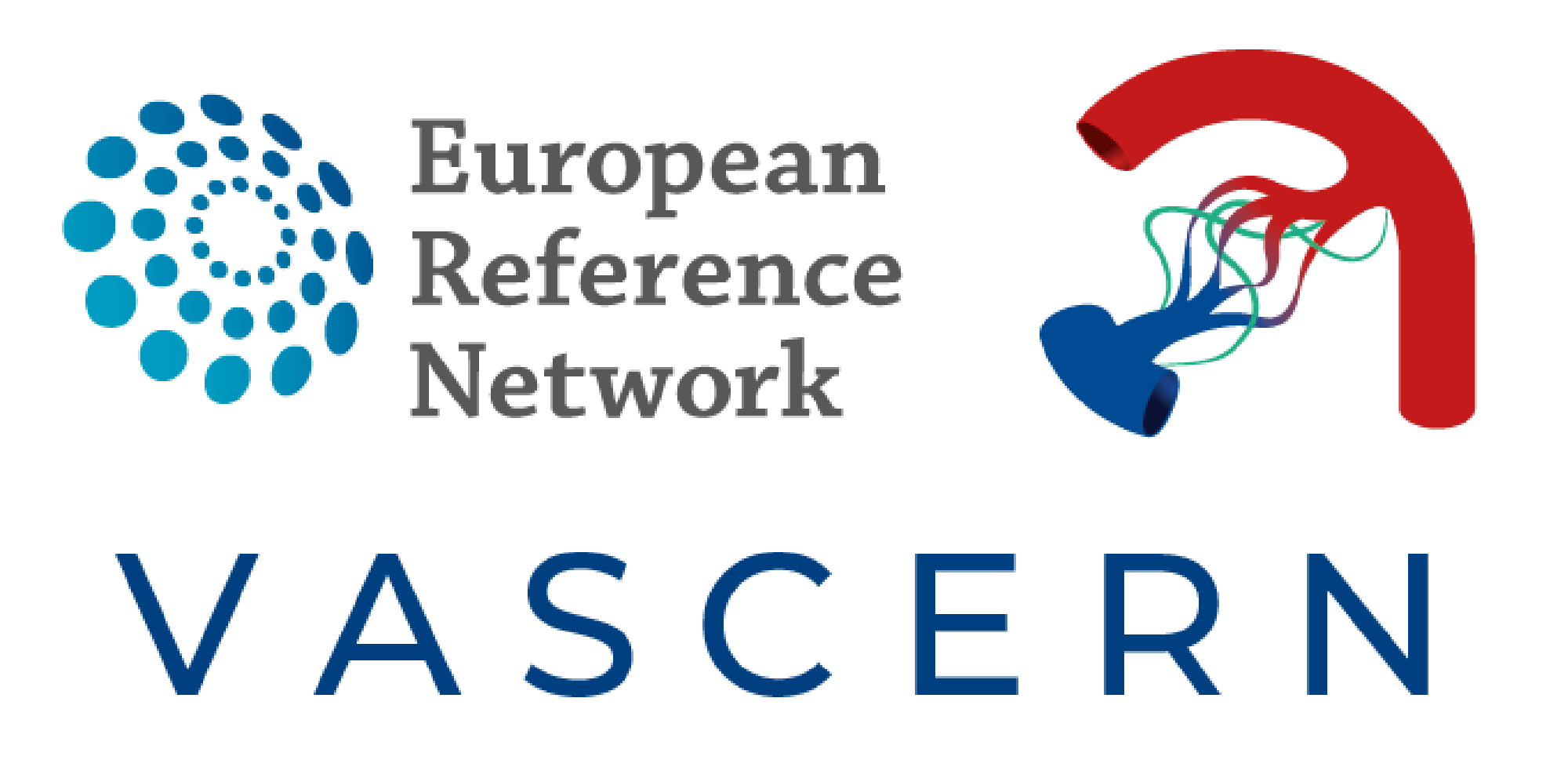

The Independent Evaluation Results Report for European Reference Networks (ERNs) and their Healthcare Providers (HCPs) has been released, offering a comprehensive assessment of the progress and impact of the ERNs. Conducted by the EUHealthSupport Consortium and funded by the EU4Health programme, the evaluation reveals significant achievements while identifying key areas for improvement to enhance the care of rare and complex disease patients across Europe.
The findings were presented in a webinar, which can be accessed until 14 December 2024 using the password @HPP_webinar2024.
Key Findings from the Evaluation
The evaluation process covered all 24 ERNs and their 836 HCP members across 24 EU Member States and Norway, using a range of methodologies including self-assessments, document reviews, interviews, and onsite audits.
Strengths of the ERNs
- High Commitment: 100% of ERNs and 97.61% of HCPs actively participated in the evaluation process.
- Strong Implementation: 88% of measurable elements were rated as fully implemented.
- Patient-Centered Care: ERNs excelled in including patient representatives in governance and decision-making, with many HCPs adopting patient-focused practices.
- Collaborative Research: The development of European-wide registries and databases has been a significant achievement, enabling better understanding and management of rare diseases.
- Education and Training: ERNs have launched impactful training programs to address gaps in rare disease expertise among healthcare professionals.
Opportunities for Growth
While the ERNs have demonstrated remarkable progress, the evaluation identifies areas for improvement:
- Integration with National Systems: Stronger alignment with national healthcare frameworks is needed to maximize the reach and sustainability of ERNs.
- Enhanced Use of Technology: Increased adoption of tools like the Clinical Patient Management System (CPMS) could further facilitate virtual case discussions and cross-border collaboration.
- Quality Monitoring: Strengthening mechanisms to evaluate clinical outcomes and patient safety remains a priority.
- Resource Allocation: Better funding and recognition of ERN activities are essential for long-term impact.
Recommendations for Future Action
To ensure the continued success of the ERN framework, the report outlines actionable recommendations:
- Secure Sustainable Funding: Address funding gaps to support ERN operations and long-term projects.
- Increase Recognition: Promote awareness of ERN contributions among hospital administrators and policymakers.
- Foster National Engagement: Strengthen collaborations with national health authorities to ensure seamless integration of ERNs into healthcare systems.
- Expand Digital Capabilities: Enhance the usability and adoption of CPMS to support more effective remote case management.
Access the Webinar and Report
The full evaluation report and its findings provide critical insights for stakeholders involved in rare disease care. To learn more:
- Read the Independent Evaluation Results Report.
- Visit the VASCERN website for additional information on ERNs and their role in improving rare disease care.
Advancing Collaboration in Rare Disease Care
The evaluation underscores the transformative potential of ERNs in addressing rare and complex diseases. By building on their strengths and addressing the identified challenges, ERNs can continue to advance cross-border collaboration, empower patients, and deliver high-quality care across Europe.
